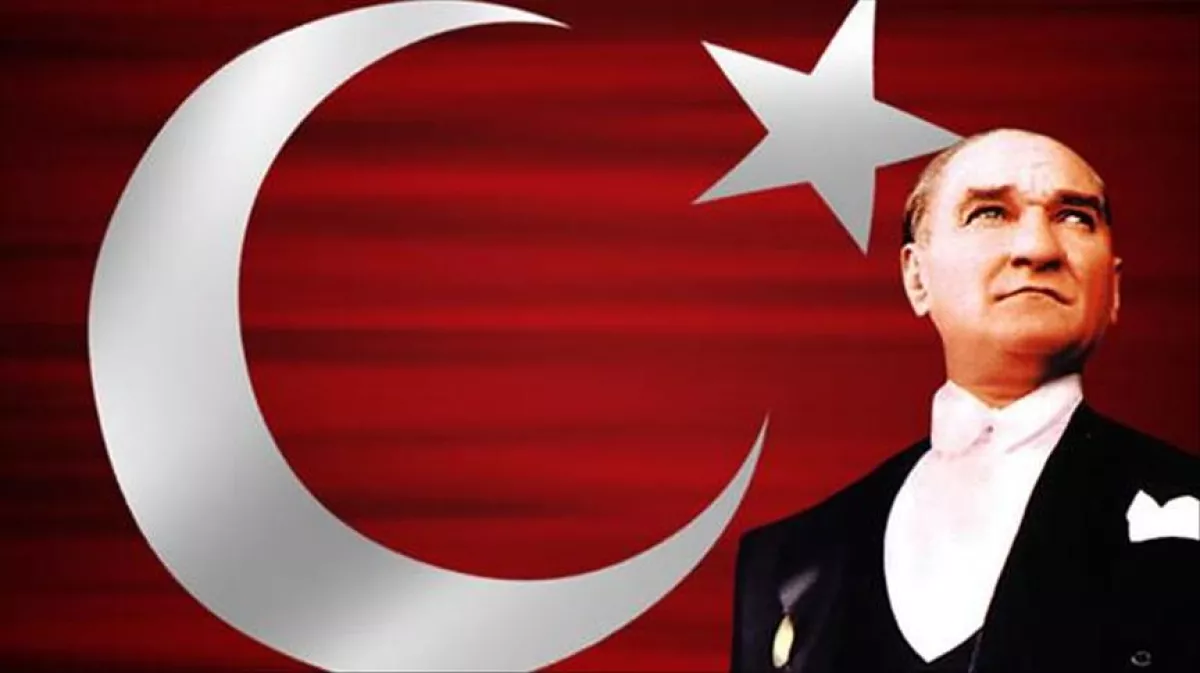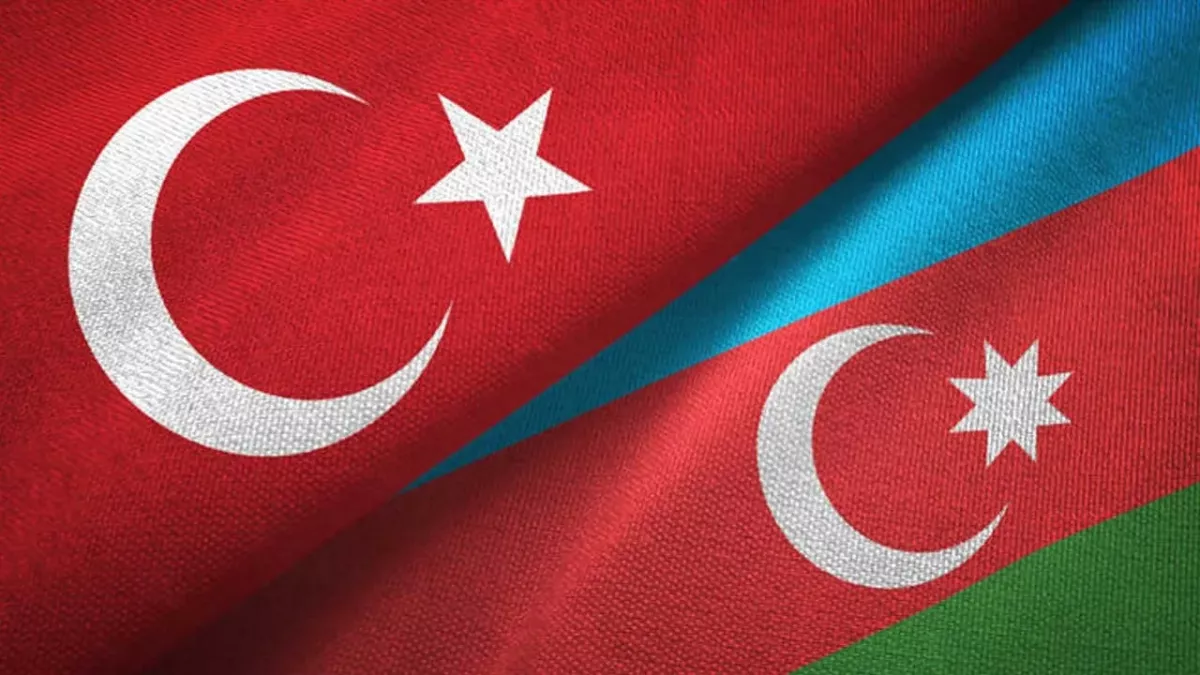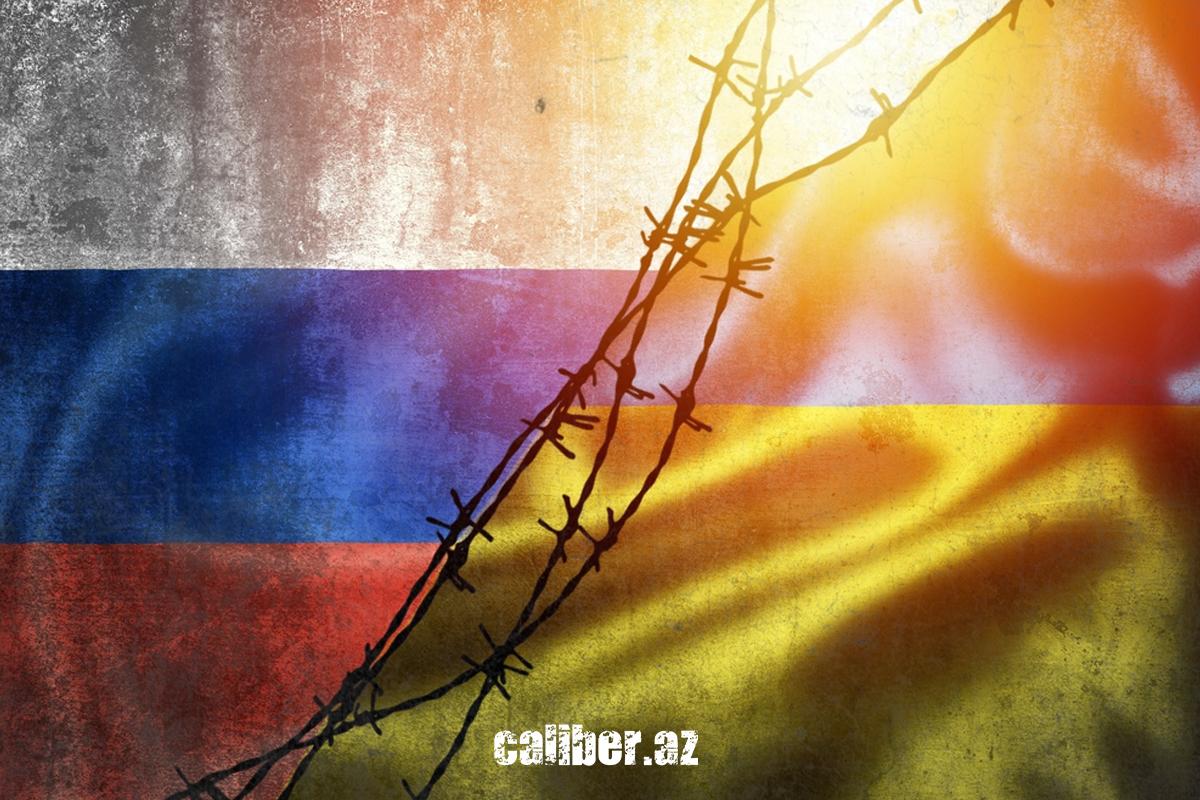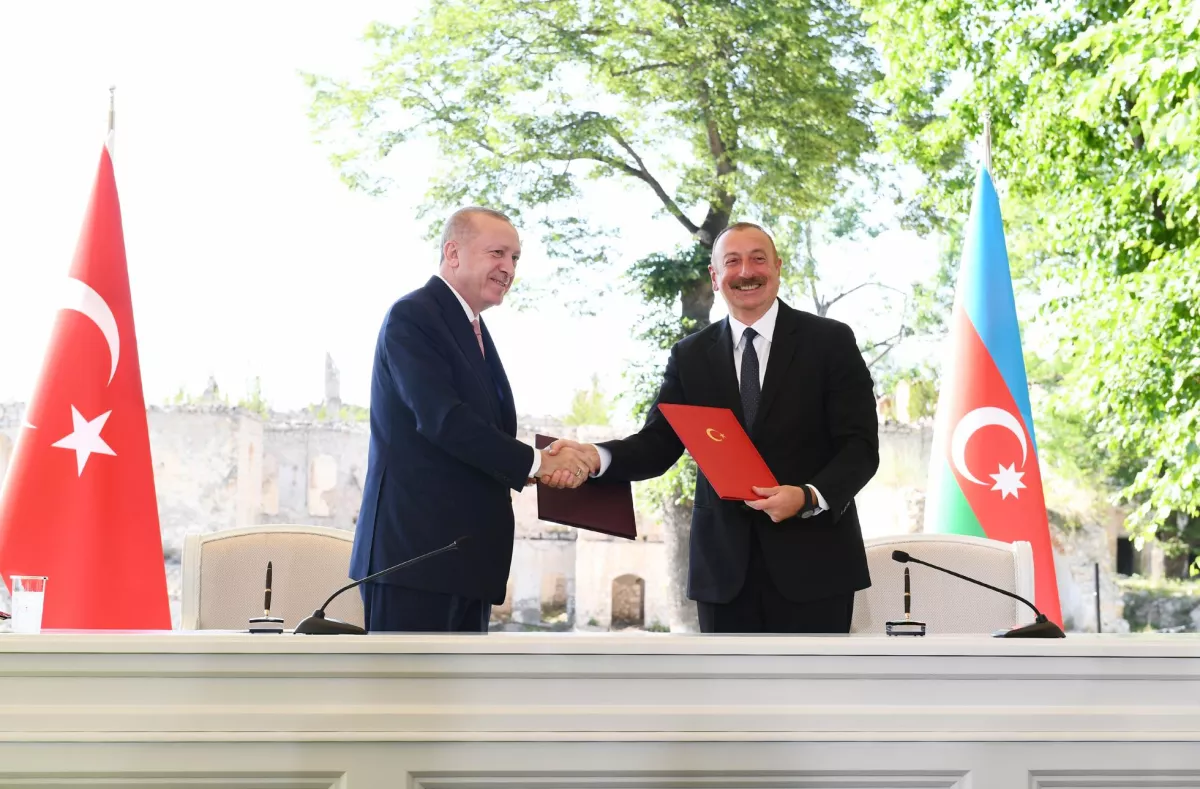One nation, two interpretations: Complex realities of sovereignty in Türkiye, Russia Article by EU Reporter
The EU Reporter has published an article by Ukrainian political scientist Taras Kuzio on the concept of "one nation, two states." Caliber.Az offers its readers an analysis of the piece.
The article discusses the contrasting ways in which Russia and Türkiye apply the concept of "two states, one nation." Türkiye uses this idea with Azerbaijan, while Russia applies it to Ukraine and Belarus. The differences in how these nations view the concept are deeply rooted in their national identities, which were shaped by their histories as empires—Tsarist Russia and the Ottoman Empire.
The fundamental distinction between the two countries lies in their approach to national identity and statehood. Türkiye, having successfully transitioned from the Ottoman Empire to a modern republic under Mustafa Kemal Atatürk, embraced a post-imperial civic nationalism. Atatürk’s reforms helped Türkiye modernize, secularize, and move away from its imperial past.

This transition allowed Türkiye to respect Azerbaijan’s sovereignty, recognizing it as an equal state with its own identity, history, and culture. As President Recep Tayyip Erdoğan has said, Türkiye and Azerbaijan share a "common history, culture, language, and religion" and are "two brotherly countries." Azerbaijani President Ilham Aliyev echoed this sentiment, describing the relationship between Türkiye and Azerbaijan as "unshakable and eternal."

In contrast, Russia never fully divested itself of its imperial identity after the Soviet Union’s collapse. Under Vladimir Putin, Russia has continued to embrace an imperial nationalist approach. This is evident in Russia’s treatment of Ukraine, which Putin and other Russian imperial nationalists dismiss as an artificial state.
Russia’s refusal to recognize Ukraine as a sovereign country contrasts sharply with Türkiye's treatment of Azerbaijan. Putin's actions, such as the annexation of Crimea in 2014 and the full-scale invasion of Ukraine in 2022, further demonstrate Russia’s desire to reclaim what it perceives as its historical territory. The article notes that Russia's imperial mentality has led to the view that Ukrainian identity is subordinate to Russian identity, a stance that is exemplified by the Russian nationalists' claim that Ukrainians are part of a "little Russian" branch of the pan-Russian people.

The article also highlights the differences in how these two countries approach international law and territorial integrity. Türkiye has been a staunch defender of the territorial integrity of both Azerbaijan and Ukraine, supporting Azerbaijan in its territorial disputes with Armenia and opposing Russia’s annexation of Ukrainian lands. Erdoğan's recent statement, declaring that Türkiye will never recognize Crimea as part of Russia, underscores Türkiye’s commitment to upholding the principles of territorial integrity and national sovereignty. Conversely, Russia’s actions, including its annexations of Ukrainian territories and its disregard for international treaties like the 1994 Budapest Memorandum, reflect a fundamental disrespect for the territorial integrity of other nations.
Furthermore, the article notes that Türkiye’s support for Azerbaijan, particularly in the aftermath of the Second Karabakh War, has been pivotal in cementing the strategic partnership between the two nations. The 2021 "Declaration on Allied Relations" between Türkiye and Azerbaijan solidified their collaboration in military, security, economic, and energy sectors, making Türkiye one of Azerbaijan’s key military partners.

Ultimately, the article argues that the differing interpretations of "two states, one nation" reflect the underlying national identities of Russia and Türkiye. Russia’s imperialist mindset leads it to view other nations like Ukraine as subservient, while Türkiye’s post-imperial identity allows it to respect Azerbaijan’s statehood and sovereignty. The article concludes by asserting that Türkiye’s approach, based on mutual respect and recognition of sovereignty, offers a positive model for international relations, in stark contrast to Russia’s imperial ambitions.
In summary, the article explains that Türkiye’s respect for Azerbaijan’s independence and territorial integrity, alongside its commitment to international law, contrasts sharply with Russia’s imperial approach towards Ukraine. By framing the relationship between Türkiye and Azerbaijan as one of equals, the article emphasizes how Türkiye’s post-imperial identity informs its foreign policy and its support for Azerbaijan’s sovereignty.








